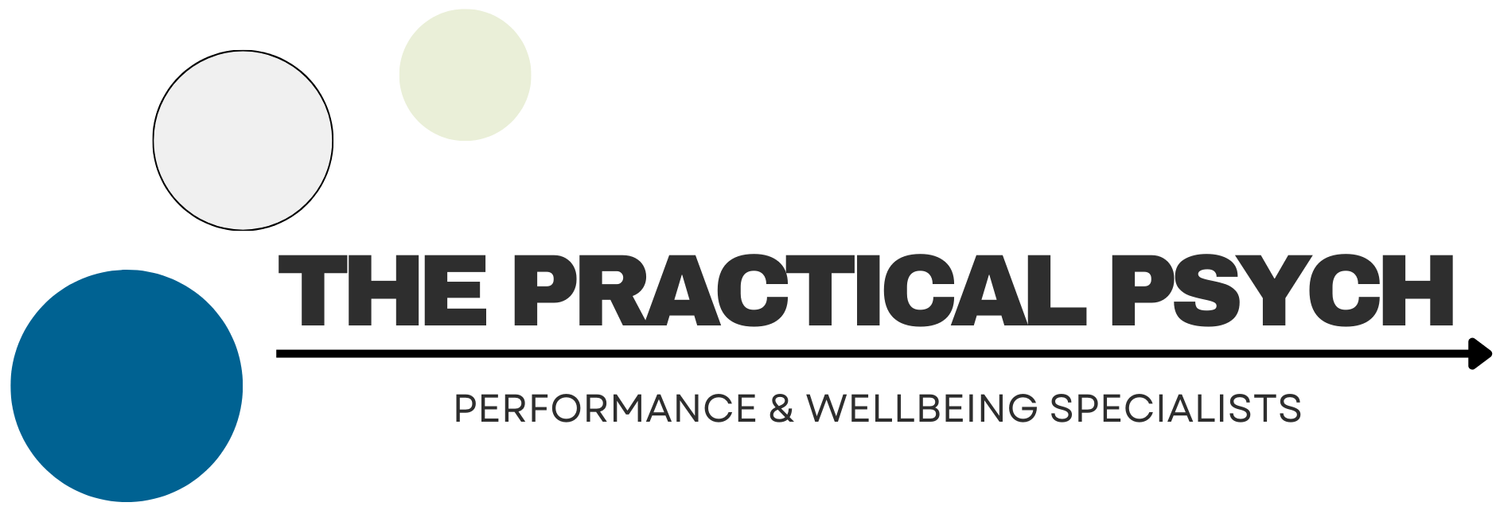The Growth Mindset: Explanation, Pros & Cons
All You Need to Know About a Growth Mindset
The 'growth mindset' is a popular concept used by people in education, business, and personal life.
This term, coined by psychologist Carol Dweck from Stanford University, refers to the belief that our basic qualities (e.g., intelligence) can be developed through dedication and hard work.
The growth mindset developed from Dweck’s Mindset theory. This theory proposes that people have one of two mindsets; ‘fixed’ or a ‘growth’ mindset (Dweck & Legget, 1988).
People with a fixed mindset assume their intelligence, knowledge, and abilities can't change. They are fixed. Those adopting this mindset assume the brain grows, abilities improve, and positive change occurs over time.
Five Characteristics of a Growth Mindset
Proponents believe people with a growth mindset exhibit the following attributes:
Embracing Challenges: People see challenges as opportunities to learn and grow. They understand that stepping out of their comfort zone is necessary for learning.
Persisting in the Face of Setbacks: Failure is not a dead-end. Instead, it is a stepping stone, a chance to learn and come back stronger.
Effort as a Pathway to Mastery: acknowledges that effort is not just beneficial but essential for mastery. It's the fuel that drives the engine of success.
Learning from Criticism: Constructive criticism represents valuable feedback. It's an opportunity to identify areas of improvement and work on them.
Finding Lessons and Inspiration in the Success of Others: Those with a growth perspective find inspiration and lessons in other people's achievements. People do not feel threatened by the success of others.
The Seven Growth Mindsets
While the concept of a growth mindset is straightforward, its application can take many forms. The following seven strategies are said to build a growth mindset:
The Open Mindset: Embraces new ideas and experiences.
The Resilient Mindset: Bounces back from adversity and setbacks.
The Curious Mindset: Seeks out new knowledge and enjoys learning.
The Purposeful Mindset: Has clear goals and the determination to achieve them.
The Adventurous Mindset: Takes risks and pushes boundaries.
The Observant Mindset: Learns from the experiences and success of others.
The Collaborative Mindset: Understands the power of learning with and from others.
Growth Mindset in Action
Let's consider a straightforward example.
Imagine a high school student who struggles with physics. A student with a fixed mindset might think, "I'm just not good at physics," and avoids the subject. They believe their abilities in this area are unchangeable. People with a fixed mindset are said to limit their capacity for learning.
In contrast, a student with a growth mindset might think, "Physics is a challenge, but I can improve with practice and effort. The 'amount of intelligence' is not the only key to success here". They understand that their abilities can be developed and embrace the struggle as part of the learning process.
Developing a Growth Mindset
So, how can you cultivate this mindset? Here are some strategies:
Embrace Challenges: Step out of your comfort zone. Remember, growth comes from facing and overcoming challenges.
Reframe Setbacks: Instead of seeing setbacks as failures, view them as opportunities to learn and grow.
Value Effort: Recognise that effort is a necessary part of the journey to mastery.
Seek Feedback: Be open to constructive criticism and use it as a tool for improvement.
Celebrate Growth: Acknowledge and celebrate progress, no matter how small.
The Science Behind the Growth Mindset
While there are several promising studies, we lack a large body of well-designed studies to understand the impact of a growth mindset fully. For instance, many existing studies have not sufficiently described the implementation of growth mindset interventions (Burnette et al., 2022).
This issue is common with many popular psychological concepts. We should be cautious in making firm conclusions about a growth mindset. This concept makes sense and appeals to many people. But, lots more scientific research is required before we can understand the true effects and the conditions under which a growth mindset can be most beneficial.
Criticisms of the Growth Mindset
While the growth perspective has been widely embraced, it's not without its critics. Some argue that the theory oversimplifies the complex nature of learning and intelligence. Others point out that not all qualities are equally malleable, and some traits may be more resistant to change than others.
Moreover, some critics argue that the growth mindset theory places too much emphasis on individual effort. Not enough attention is given to external influences on learning and achievement. For instance, socioeconomic status and quality of education. They argue that a growth orientation alone may not be enough to overcome these systemic barriers.
Summary
While the concept is not without its critics, the growth mindset continues to be a popular approach to learning and development. We still have many questions to answer about the effectiveness and optimal conditions for this mindset. However, this approach can help people organise their thinking and self-advancement.
We are Coaching & Clinical Psychologists with extensive experience helping people foster a growth mindset and other psychological strategies. Read more about our work, watch practical skills videos or browse other articles. Get in touch anytime.
References
Dweck, C. S., & Leggett, E. L. (1988). A social-cognitive approach to motivation and personality. Psychological review, 95(2), 256.
Goldstein, S., & Naglieri, J. (n.d.). Encyclopedia of child behavior and development. Springer. Link
Sridharan, V., Shoda, Y., Heffner, J., & Bricker, J. (2019). A Pilot Randomized Controlled Trial of a Web-Based Growth Mindset Intervention to Enhance the Effectiveness of a Smartphone App for Smoking Cessation. Link to the article
Burnette, J. L., Knouse, L. E., Billingsley, J., Earl, S., Pollack, J. M., & Hoyt, C. L. (2023). A systematic review of growth mindset intervention implementation strategies. Social and Personality Psychology Compass, 17(2), e12723. https://doi.org/10.1111/spc3.12723




